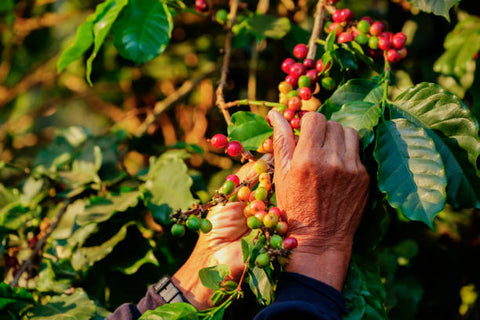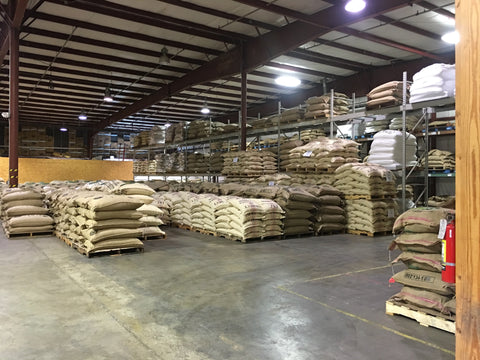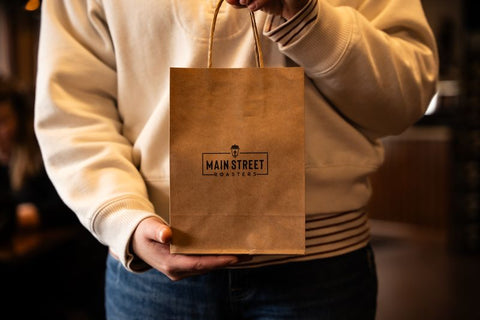At Main Street, we're often asked whether our fresh roasted coffee is certified organic or fair trade. While some coffees we roast from time to time do boast that label, not all do. Plus, our roastery is not a legally certified organic facility - so we do not claim that label for any of our coffees.
Join us as we dive into the subject of organic coffee, and how these various certification processes affect small roasters, and more importantly - small farmers and growers.
You'l learn about the requirements, where your money goes, and the reasons why many small roasters choose relationship over certificates.

First, Organic Coffee Pros & Cons
The organic movement is impacting the way you purchase many things. From foods and beverages, to body and hair care products, to pet foods, organic options are available for almost everything. If you find yourself looking for organic options, you've probably considered organic coffee as well. Is organic coffee always the first choice? The answer coming from many small roasters may surprise you.
The organic certification process for coffee farmers comes with different strings attached, and therefore, choosing organic coffee may not be a simple black and white choice.
Let's start with some advantages for organic coffee:
- Organic coffee can be sold at a premium in comparison to non-organic coffee.
- Planting organic coffee trees in soil rich in natural chemical-free soils ensures a good crop.
- The use of organic fertilizers improves the quality of soil and reduces erosive deterioration.
- Under certain circumstances,organic farming can contribute to the production of higher quality beans.
- Organic practices can boost the natural nutrients in a product such as coffee, contributing to better health.
- Organic (often shade grown coffee) promotes a sustainable ecosystem of trees, bugs, and other important organisms.
- Organic farming creates a better working environment in which farmers don’t have to deal with as many harmful chemicals.
Let's look at some disadvantages of organic coffee:
- Pesticides may likely still exist for the farmer. For the coffee farmer, being certified organic does not mean that you can't use any pesticides. Organic coffees are still permitted to use pesticides.
- To be Certified Organic, there are certain requirements, including being overseen by USDA National Organic Program, and meeting requirements for engineering, radiation, and other processes.
- The process for certification is difficult. To become Certified Organic farms must demonstrate compliance with Certified Organic requirements
- Farmers need to pay for certification, which may even include travel expenses for representatives and inspectors. Even though the farmer can potentially earn a few more cents per pound on his beans - the certification process is often too high and too risky for small farmers. What this really means, is that the majority of the certified organic raw beans that are being offered are raised in large commercial farms.
Organic Coffee Facts:
- Coffee growers must only use organic fertilizer – no synthetic products.
- No non organic chemicals can be used in the three years leading up to the harvest of a coffee crop.
- Growers, roasters, and importers must adhere to an organic plan as advised by USDA-approved agents.
The unfortunate reality is that “USDA Organic” is hard for both the small grower, and the small roaster. Small growers will typically be unable to pay the initial fees, or the recurring fees. With many growers living near poverty, a fee of up to 3,000 dollars per year for certification is a difficult barrier.

What we have found is that many of the small coffee farmers practice and grow organic methods - largely because they cannot afford the fertilizers and pesticides larger, more commercial farms use.
A few things we care about more.
-
We care more about making sure the farmers are treated fairly and paid a premium price for their crops.
-
We care more about finding trusted growers that produce crops we know meet our expectations, and not overlooking small farms and growers because they do not have the funds to become certified.
-
We care more about providing Swiss Water Certified Decaffeinated coffees so that your decaf coffee is chemical free.
- We care more about providing the best in 100% Arabica, high quality coffees that you have come to love and expect, and providing a freshness that is unsurpassed in our industry.

We'd like to close this blog by stating that If your preferences are to purchase only organic products for foods or other consumables, we certainly respect that decision. No one is arguing that there is excellent organic coffee, or even superior organic coffee. And, there are many reputable companies providing organic products (including coffee). We appreciate and value our fellow roasters who choose a certified organic approach, and believe everyone is entitled to their own position on these issues.
Alternatively, there are many ways to support the coffee industry and we choose to do so in partnership with our local importer, Theta Ridge Coffees. Located in South Bend, Indiana, Theta Ridge sources and works closely with small farms and purchases micro lots around the globe.
Together, we believe we can find ways to support each other and make a difference - both locally and around the world - and with or without a label or badge on our products.
Main Street Roasters is a Member of Specialty Coffee Association.

A view from inside our coffee importer, Theta Ridge Coffee.
Want to read additional sources?
We recommend:
The Pros & Cons of Organic Coffee





Comments (0)
There are no comments for this article. Be the first one to leave a message!